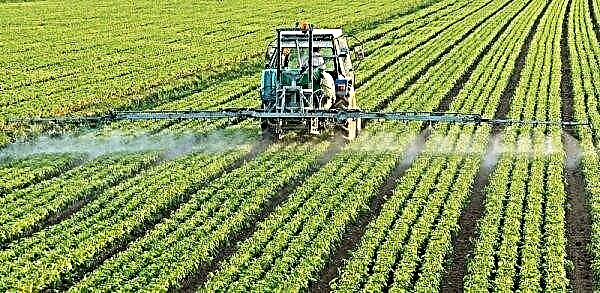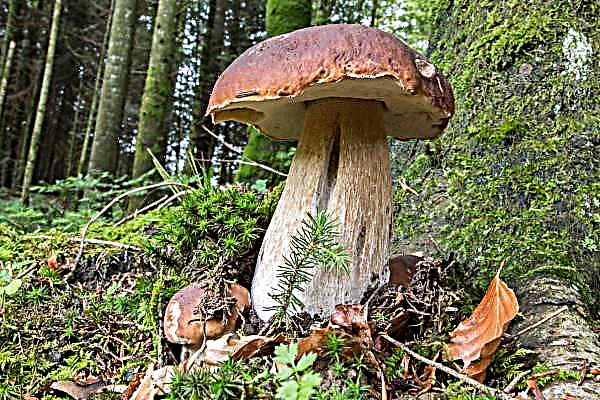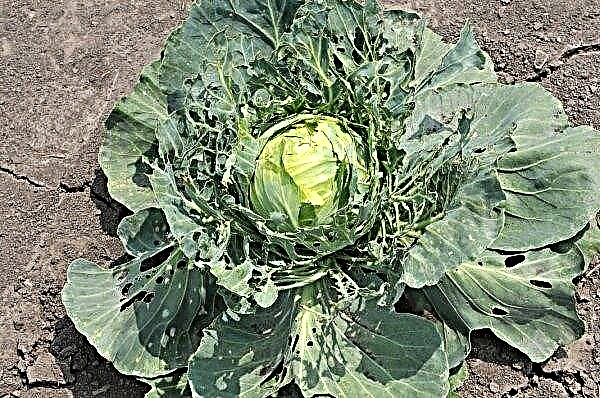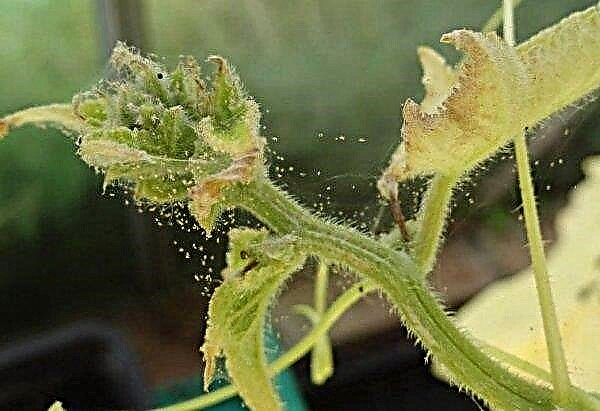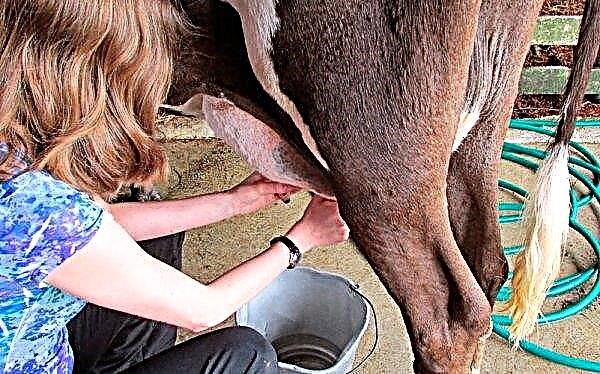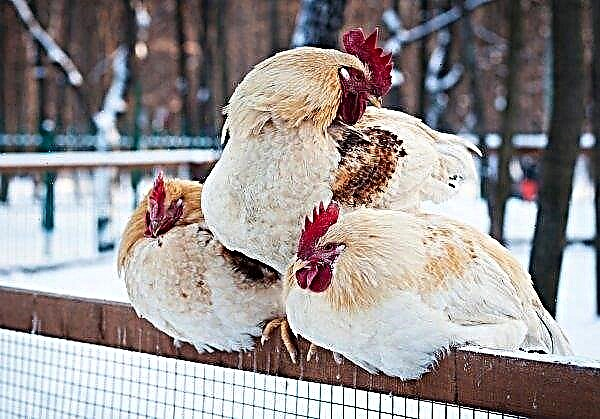The platform, aimed at increasing the smooth operation of various stakeholders throughout the beekeeping value chain, brought together various players, including beekeepers, scientists, processors and marketers.
Stakeholders highlighted key issues affecting the sector, such as the lack of standardized prices, competition from neighboring countries, bee diseases, and others.
They also noted the need to increase honey production to support growing demand. Livestock director Julius Kiptarus confirmed that the national government is committed to supporting forums that promote beekeeping as an alternative way to make money as climate change brings more severe weather.
 Honey was extracted more than 15 thousand years ago, back in the Stone Age.
Honey was extracted more than 15 thousand years ago, back in the Stone Age.
“We will need to build capacity for all stakeholders and encourage beekeeping as a way to increase food security and economic opportunities, especially in rural areas.
This should be combined with planting trees and trees in beekeeping areas, preventing deforestation and introducing agricultural methods to avoid the use of pesticides during the flowering period, ”Kiptarus said. The national government has already donated 40 beehives, 10 harvesting machines and 2 honey separators for beekeeping groups in the districts of Nyoro and Naivasha.

Dr Immakulat Maina, a member of the county’s executive committee on agriculture and livestock, said the multi-stakeholder platform would provide a single honey sector. This, she added, will increase the quality and quantity of honey and its products in the country.
- One of the reasons for the widespread pestilence of bees on the territory of the Russian Federation this year could be an active campaign to combat the insidious weed - Sosnowski hogweed.
- On the territory of four Brazilian states at once, a total pestilence of bees was recorded, only on the territory of the Rio Grande do Sul more than four hundred million individuals died.
- A unique live load - queen bees that previously inhabited the territory of Chuvashia - was recently delivered to the Chelyabinsk region. It is known that the transportation of insects was carried out by the Russian Post company.


